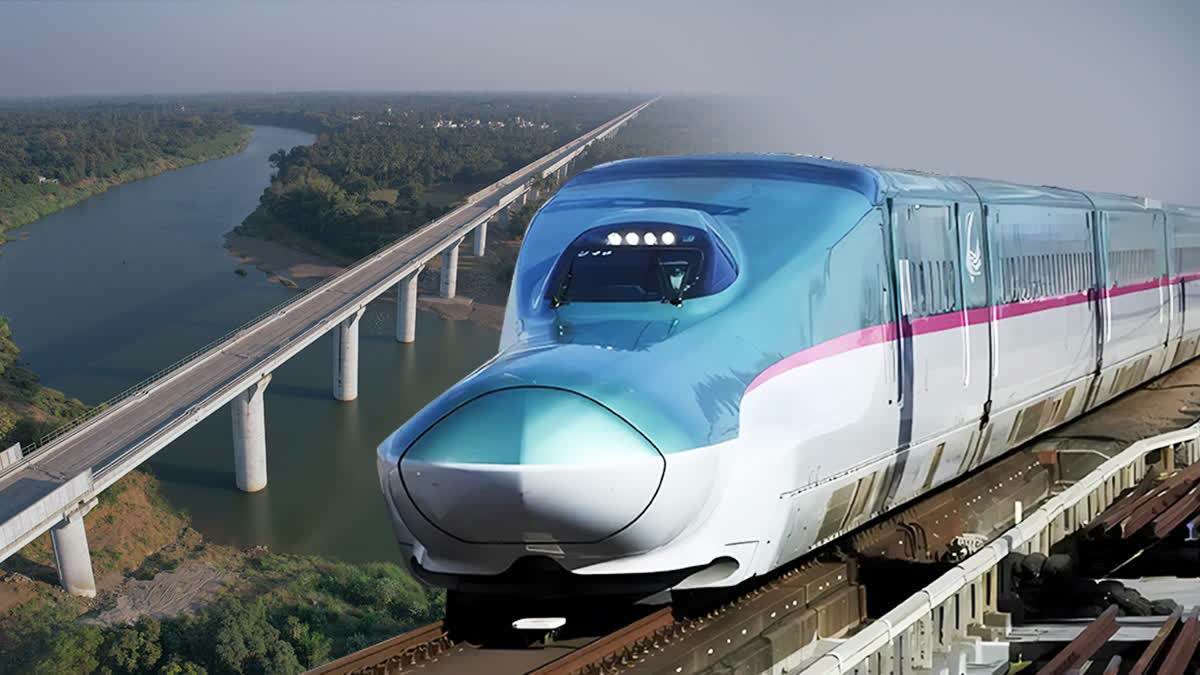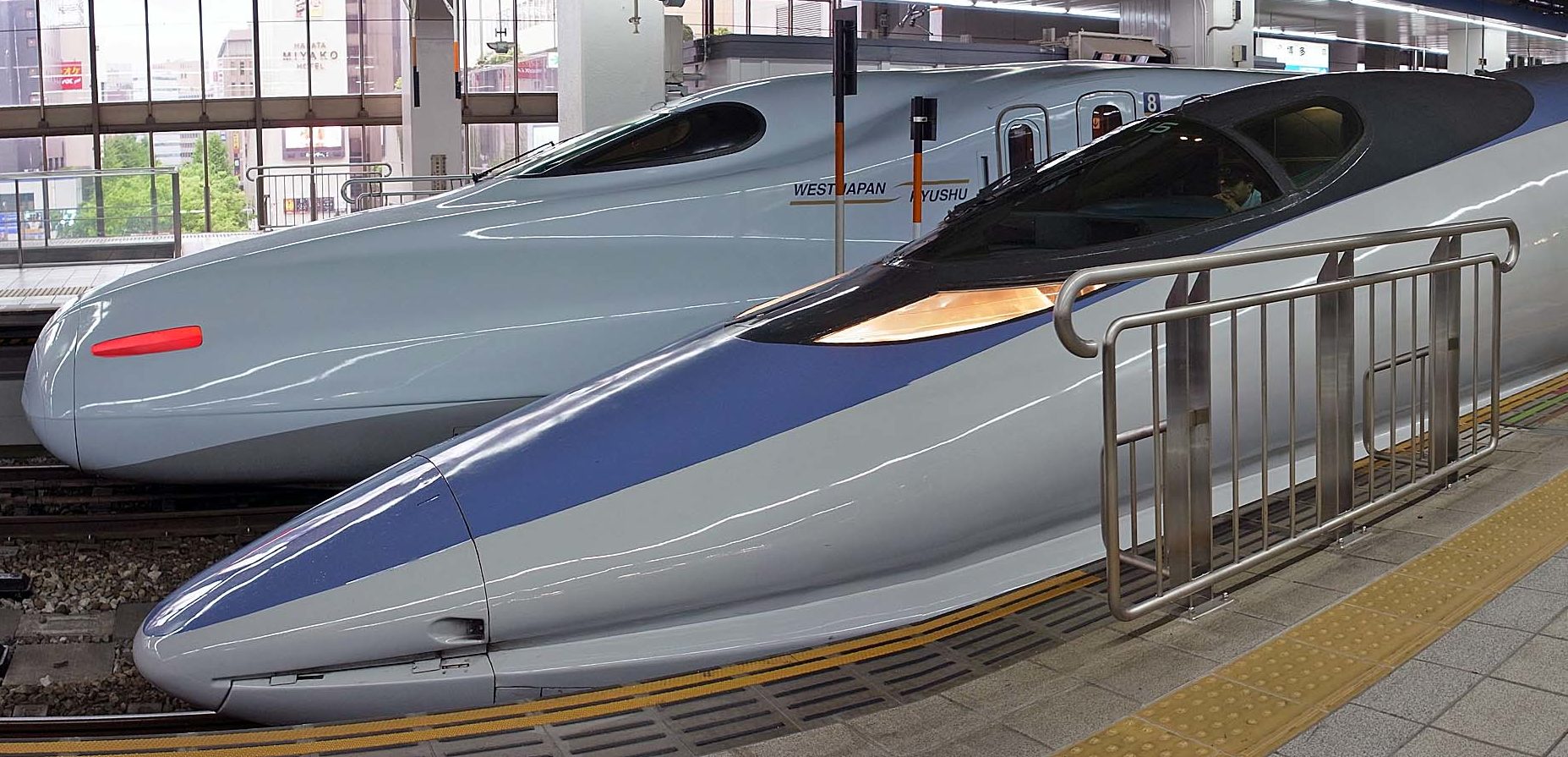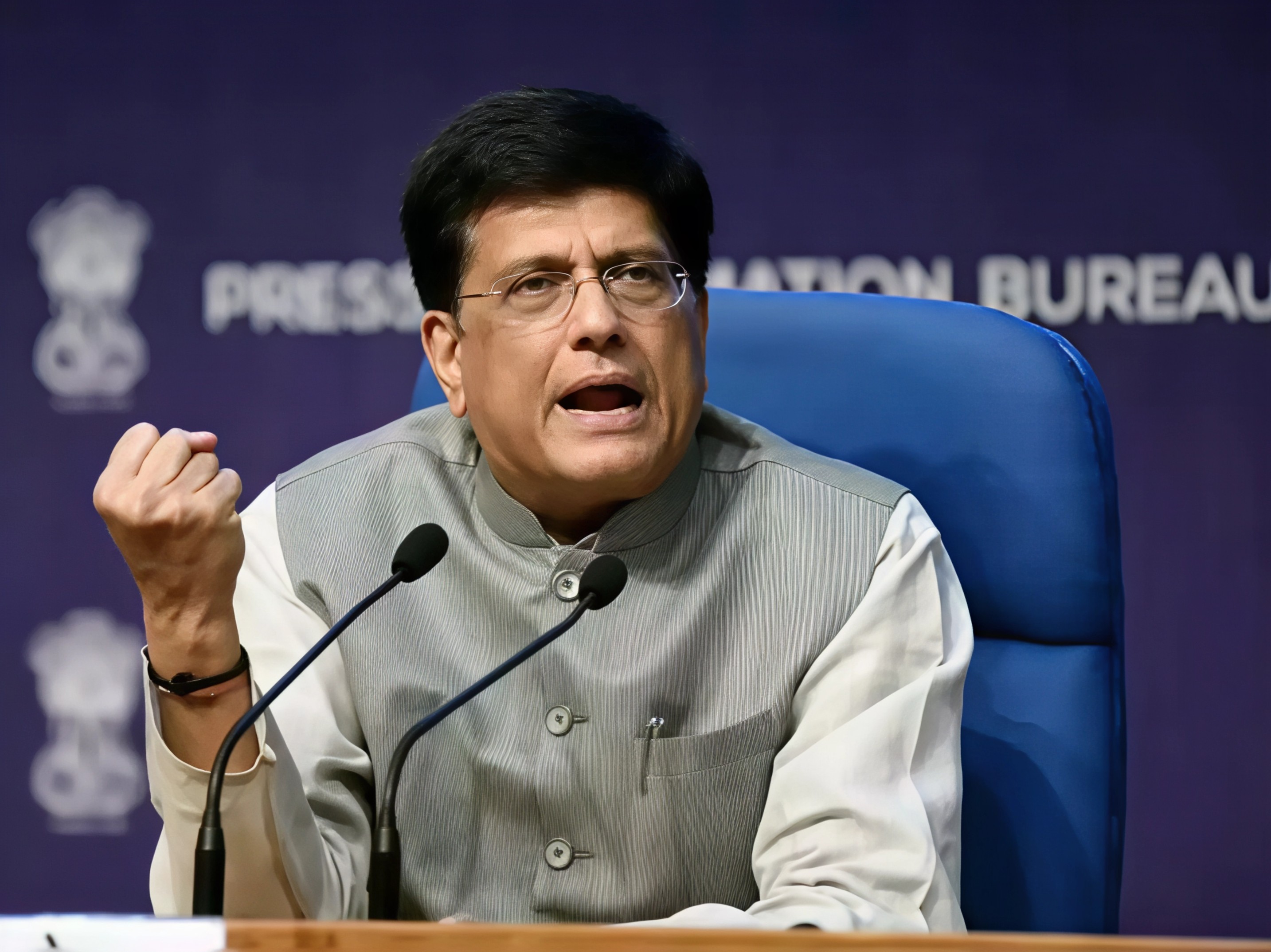A new era of travel could soon be on the horizon for South India. Andhra Pradesh Chief Minister Chandrababu Naidu has revealed that the state is moving forward with plans to bring a bullet train project to the region, one that would connect four of its most influential cities—Hyderabad, Chennai, Amaravati, and Bengaluru. The announcement was made during the India Food Manufacturing Summit 2025 in Visakhapatnam where Naidu highlighted the enormous economic and logistical potential of such a corridor.

The Chief Minister pointed out that the combined population across these four cities exceeds five crore people, making it one of the largest urban clusters in the world. According to him, the bullet train will not only reduce travel times dramatically but also unlock new opportunities for trade, tourism, and business. He described the project as transformative, saying that it would elevate South India’s position on the global economic map once it is completed.
India has already begun its journey toward high speed rail with the Mumbai to Ahmedabad corridor, which is currently under construction. Stations along the Gujarat stretch are nearing completion and have been designed with a mix of modern amenities, regional aesthetics, and eco friendly features. The South Indian corridor, if implemented, would become another cornerstone of the country’s vision to build an advanced high speed rail network.
The National Rail Plan has previously identified several potential high speed rail routes including Delhi to Varanasi, Delhi to Ahmedabad, Mumbai to Hyderabad, and Chennai to Mysore among others. The inclusion of Hyderabad, Chennai, Amaravati, and Bengaluru signals the government’s intent to expand connectivity in the southern region where growing cities demand faster and more efficient transport options.
However, the excitement around the project is tempered by challenges. High ticket prices are expected to make bullet train travel accessible to only a limited segment of the population, raising questions about inclusivity. Land acquisition remains another obstacle, with large scale projects often leading to displacement of communities and triggering social tensions. Environmental concerns are equally pressing as construction can impact riverbeds, floodplains, and local ecosystems.
Safety has also been a concern in India’s high speed rail journey so far. In Gujarat, several construction related accidents in recent years have highlighted the risks faced by workers and the importance of strict safety protocols. Local authorities have also intervened in cases where construction obstructed natural waterways, demanding corrective measures before seasonal rains.

Despite these hurdles, the South India bullet train project reflects the country’s determination to modernize its infrastructure. With cities like Bengaluru and Hyderabad emerging as global technology hubs and Chennai and Amaravati poised for rapid industrial growth, the proposed rail corridor could transform the way people move across the region. Reduced travel times would bring cities closer, stimulate business opportunities, and potentially reshape the future of urban mobility in South India.
For now the project remains in the survey and planning stage but the vision outlined by Chief Minister Naidu has generated significant buzz. If successfully executed, the corridor could mark a turning point in India’s transport history while also highlighting the delicate balance between progress, sustainability, and social responsibility.
Follow Travel Moves on Instagram and Facebook for more travel updates, insights, and stories that shape the way we move across the world.









